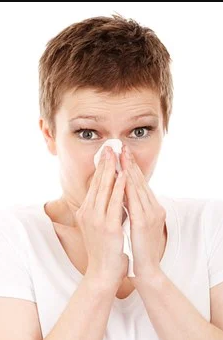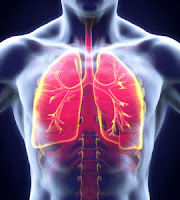How can allergies affect quality sleep?
Many factors contribute to a good night's sleep. A person's diet, pre-existing health conditions, lifestyle habits, and even the environment can make or break a good shuteye. Lisa M. Cannon, M.D., says that aside from these factors, allergens can usually affect the quality of a person's rest.
While most consider ventilation and lighting as an important detail that contributes to a good sleep environment, the person's bed matters too. An old mattress can be a breeding ground for bacteria and trigger allergies. Despite covering it with beddings, these unseen elements can cause harm that can go unnoticed. It could cause interrupted sleep that can interfere with a person's condition during the day. Lisa M. Cannon, M.D., notes that dust mites are a common allergy trigger in the bedroom. These microscopic allergens irritate the nasal passages that can cause nasal congestion, sneezing, and even skin irritation.
Seasonal allergies caused by humidity or dryness can also affect a person's sleep. Using a humidifier or taking an antihistamine before bed can ease the discomfort caused by the allergens in the environment. During the warmer seasons, keeping the bedroom cool and dry can contribute to a restful night.
Bedtime should give the person a chance to rest and recharge for the next day. A person must have an uninterrupted sleep for the body to recover. Ensuring a healthy environment can help a person develop good sleeping habits. Regularly cleaning the bedroom and replacing the beddings will keep allergy triggers from spreading and causing discomfort.
Lisa M. Cannon, M.D., is a New Jersey-based physician. She earned her degree in medicine from New York Medical College. She has board certifications in critical care medicine, internal medicine, and pulmonary disease. Her practice focusses on pulmonary and respiratory medicine and sleep medicine. For similar articles, visit this blog.
 |
Image source: Pixabay.com
|
 |
Image source: Pixabay.com
|
Seasonal allergies caused by humidity or dryness can also affect a person's sleep. Using a humidifier or taking an antihistamine before bed can ease the discomfort caused by the allergens in the environment. During the warmer seasons, keeping the bedroom cool and dry can contribute to a restful night.
Bedtime should give the person a chance to rest and recharge for the next day. A person must have an uninterrupted sleep for the body to recover. Ensuring a healthy environment can help a person develop good sleeping habits. Regularly cleaning the bedroom and replacing the beddings will keep allergy triggers from spreading and causing discomfort.
Lisa M. Cannon, M.D., is a New Jersey-based physician. She earned her degree in medicine from New York Medical College. She has board certifications in critical care medicine, internal medicine, and pulmonary disease. Her practice focusses on pulmonary and respiratory medicine and sleep medicine. For similar articles, visit this blog.



Comments
Post a Comment